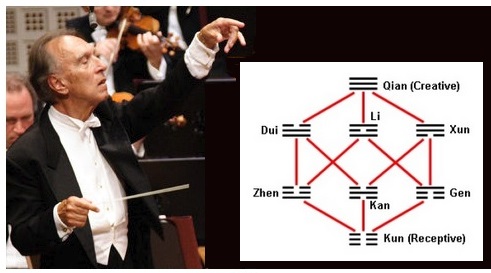Happy Birthday, Wallace Stevens
Readings for today:
At the Wallace Stevens online concordance, search for X and for primitive.
In the e-book edition of Bester's The Deceivers, search for X.
"We seek
Nothing beyond reality. Within it,
Everything, the spirit's alchemicana
Included, the spirit that goes roundabout
And through included, not merely the visible,
The solid, but the movable, the moment,
The coming on of feasts and the habits of saints,
The pattern of the heavens and high, night air."
— Wallace Stevens,
Oct. 2, 1879 – Aug. 2, 1955,
"An Ordinary Evening in New Haven"
IX.1-18, from The Auroras of Autumn,
Knopf, NY (1950)
Related material:
(Added Monday, Oct. 3, 8:45 AM)
"What if Shakespeare had been born in Teaneck, N.J., in 1973?
He would call himself Spear Daddy. His rap would exhibit a profound, nuanced understanding of the frailty of the human condition, exploring the personality in all its bewildering complexity: pretension, pride, vulnerability, emotional treachery, as well as the enduring triumph of love.
Spear Daddy would disappear from the charts in about six weeks."
— Gene Weingarten in the Washington Post,
Sunday, Oct. 2, 2005
Presenting…




























